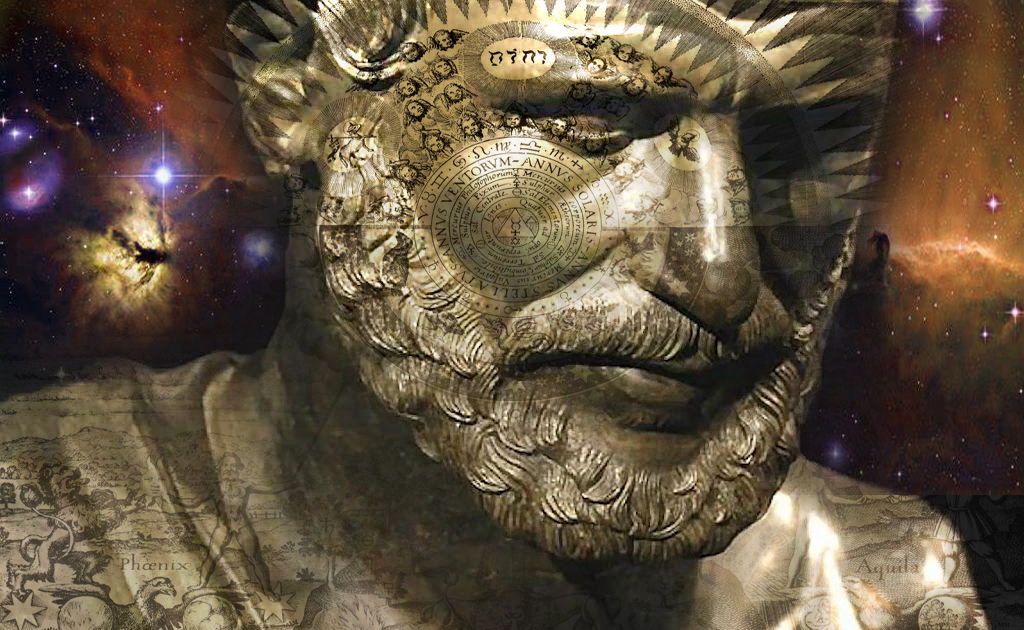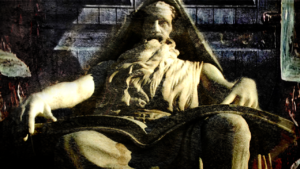Pagan Inquiry vs Revelation vs Atheism

One thing I’ve noticed in the ‘religion war’, anecdotally, is the levels of ‘freedom of inquiry’ found in each discipline.
Now let me say beforehand that this is in no way to be seen as an attack on Christians, as I still consider myself at least partially one myself. Just a matter of observation and a mild criticism of certain particular approaches. But of all these three (typically modern Western religious attitudes) the pagan, agnostic, deist, or Platonist seems to be the freest to inquire into any subject via whatever unlimited method or level of questioning he feels is appropriate. To investigate the subject to whatever extreme depth he so chooses, unrestrained by concepts of ‘the forbidden’, and is most likely to be the one that is the most genuinely open to whatever conclusion the inquiry may indicate, without a pre-formed bias, or a need to find a conclusion which supports his faith.
GENERALLY SPEAKING, many Christian inquirers have that foregone conclusion, an article of faith, which they are desperate to reach, and to make pains to close that circle. Not all do this, and it is not easy for anyone to attempt the nearly-impossible conduct of ‘entirely objective’ philosophical/historical/cultural examination. It is simply in the nature of having a fundamental faith, particularly one which hinges on revelation. Oddly, in many ways, the most ardent atheists (often religiously liberal) can be similarly insistent on reaching a foregone conclusion, desperate to reach their ‘anti-Christian’ snarky materialist ‘take-downs’.
Not to say pagans and Platonists and animist spiritualists do not also have foregone conclusions they’d like to reach. However, from my own observations, it must be objectively admitted that a strength of their view is this greater freedom to follow paths of questioning (aimed at the self or the outside world) with totally open conclusions. I suppose it is not surprising, considering, and we might conclude that this is the flip side of what what in other circumstances might be considered a weakness (and a strength of Christianity). That being the strength of absolutism of conviction. The immovable rules and foregone predictions of a ‘revelation-belief’ providing all conclusions already, and the vigor of the ingroup/outgroup delineation made necessary by the clear laws of the faith.
Oddly atheists, who no doubt personally pride themselves as being the most ‘open-minded’ have a similar necessity-end-road: they are forbidden from metaphysical speculation or non-materialist meditation. Sadly it is often the case that someone unquestionably self-assured that they are ‘something’ are in fact its antithesis. They have grown outside questioning, certainly questions of the self, and angrily defend their scientific commandments (ironically created for them by antiquity metaphysicians). It is in my opinion much more respectable and rational to be an agnostic in such circumstances.
Now again, this is not intended as a biased praise of paganism, it is purely a matter of personal observation and note. That in this one regard, at least, we might observe an advantage found in heathen/classical belief.











